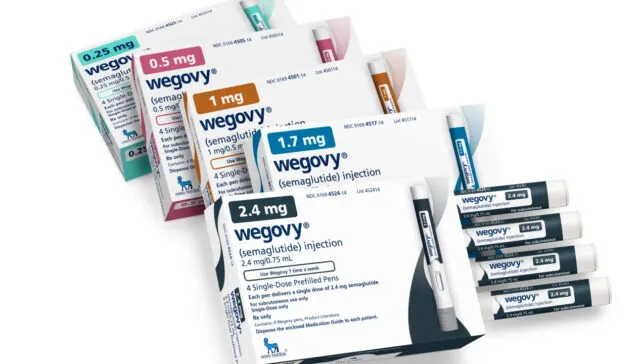Where You Live Determines Risk of Severe Pregnancy, Postpartum Complications

The chance of experiencing life-threatening complications from pregnancy, childbirth, or the postpartum period may depend on where you live in the United States, according to a new study led by a BU School of Public Health researcher.
Published in the journal Obstetrics & Gynecology, the study examined maternal health outcomes among Medicaid insurance recipients and found that rates of severe maternal morbidity (SMM), or “near miss” deaths, varied substantially by state and by race/ethnicity.
Across the country, SMM rates were highest in Washington, DC, at 200 cases per 10,000 live births—nearly three times as high as Utah, the state with the lowest SMM rate, at 80 cases per 10,000 live births. In a subsample of 27 states and Washington, DC with adequate race and ethnicity data,the researchers found that the rate of SMM among Black birthing people was nearly twice as high as the rate for White birthing people.
Prior research has shown that maternal morbidity and mortality rates rose sharply during the COVID-19 pandemic. The team hopes these new findings will inform tailored, state-level interventions to address these SMM rates and the racial inequities in SMM.
“It is important for policymakers and clinicians to understand the geographic and demographic differences in rates of severe maternal morbidity among Medicaid patients so that resources and interventions can be targeted to maximize reductions in both overall morbidity and disparities in morbidity between groups,” says study senior author Sarah Gordon, assistant professor of health law, policy & management.
Read more about the study here.




